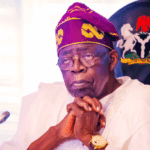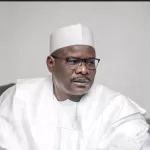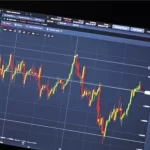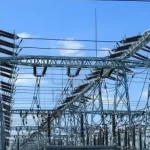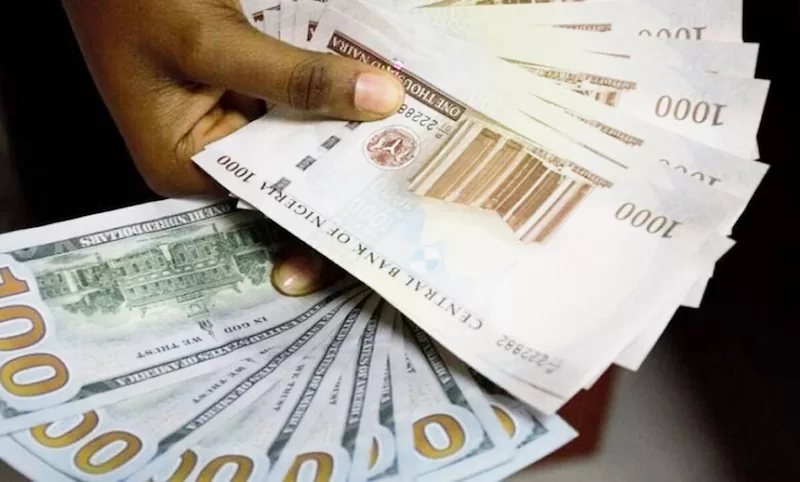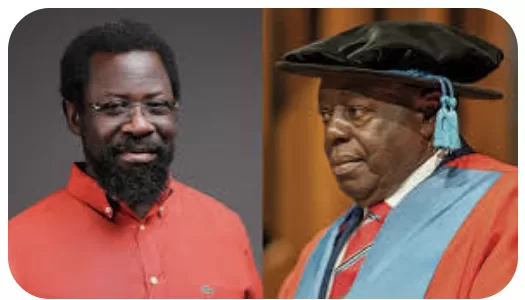Nigeria’s foreign reserves have experienced a notable increase, rising by 2.19% month-on-month, fueled by substantial dollar inflows from international financial institutions.
According to data from the Central Bank of Nigeria (CBN), the country’s external reserves grew to $33.159 billion as of June 11, 2024, up from $32.447 billion recorded on May 10, 2024.
A key contributor to this surge is the Federal Government’s (FG) recent $3 billion facility secured from the African Export-Import Bank (Afreximbank).
This landmark agreement, formalized through a Memorandum of Understanding (MoU) at the Afreximbank Annual Meetings (AAM) 2024, aims to boost Nigeria’s industrialization efforts.
This initiative is set to establish the Nigeria Industrialization Financing Facility, which will support the development of special economic zones, industrial parks, and light manufacturing sectors across the nation.
The facility will particularly focus on enhancing the automotive sector and the compressed natural gas (CNG) value chain, essential for advancing Nigeria’s automotive and transport industries.
Adding to the momentum, the World Bank approved $2.25 billion in loans last week to help stabilize Nigeria’s economy and provide support for the poor following recent reforms.
The group chief economist and managing director of research and international cooperation at Afreximbank, Yemi Kale emphasized the importance of creating a sustainable inflow of foreign exchange, stating, “Borrowing is only meant to fix some temporary problems, but you have to create a system where you have a sustainable inflow of foreign exchange after that.”
The recent accretion to external reserves is primarily due to an increase in foreign portfolio investments, crude oil production, and foreign loans, according to the special adviser to the Chairman of the Senate Committee on Banking, Insurance, and Other Financial Institutions, Uche Uwaleke.
Uwaleke cautioned that unless crude oil production improves consistently, the external reserves could decline as portfolio investments mature and the FG’s obligations to foreign creditors begin after the moratorium period.
Market dynamics also reflect a positive trend, with the dollar supply by willing buyers and sellers increasing by 13.47%, reaching $183.47 million on June 15, 2024, up from $161.69 million on June 10, 2024, as per data from the FMDQ Securities Exchange Limited.
The naira showed marginal gains, closing at N1,482.72 on June 15, 2024, from N1,483.62 on June 10, 2024, at the Nigerian Autonomous Foreign Exchange Market (NAFEM).
Afreximbank further announced an additional disbursement of $925 million under the syndicated $3.3 billion crude oil-backed prepayment facility sponsored by the Nigerian National Petroleum Company (NNPC) Limited, bringing the total currently funded facility size to $3.175 billion.
The industrialization facility’s comprehensive plan includes the creation of special economic, industrial, and agro-processing zones, expected to generate 20,000 new jobs.
The financing package extends to a diaspora investment fund framework, providing technical and financial support, and highlights a robust partnership between Nigeria’s Ministry of Industry, Trade, and Investment, Arise Integrated Industrial Platforms (Arise IIP), and Afreximbank.
This collaboration aims to revitalize Nigeria’s cotton, apparel, and textile value chain, historically significant to the country’s economy in the 1980s and 1990s.
Arise IIP, a venture owned by the Africa Finance Corporation (AFC) and Equitane, specializes in designing, financing, building, and operating integrated industrial zones.
This initiative is expected to create significant employment opportunities and attract over $2 billion in investments, reinforcing Nigeria’s commitment to economic diversification.
Afreximbank underscored the historical importance of this initiative, stating, “This is going to cut across the cotton belt in Nigeria and also create a lot of jobs in Nigeria’s core strength in terms of cotton and textile production, which used to be the pride of the country in the 1980s and 1990s. So, we are bringing it back and working together to get that done.”
This strategic influx of international financing marks a significant step toward Nigeria’s economic revitalization and diversification, setting the stage for sustainable growth and stability.

